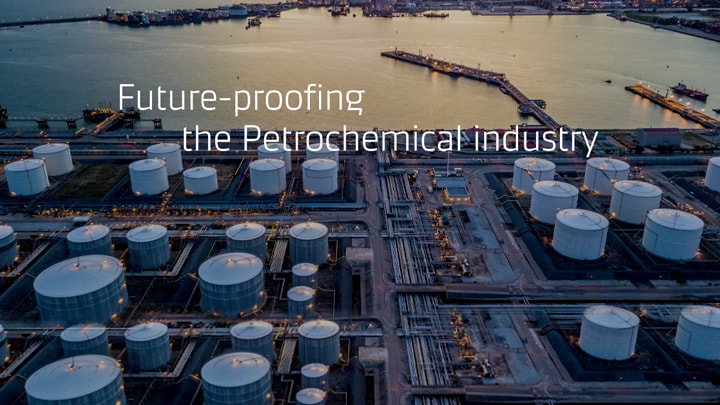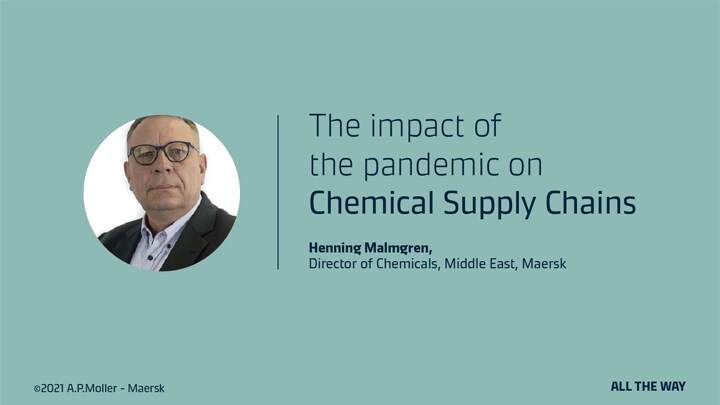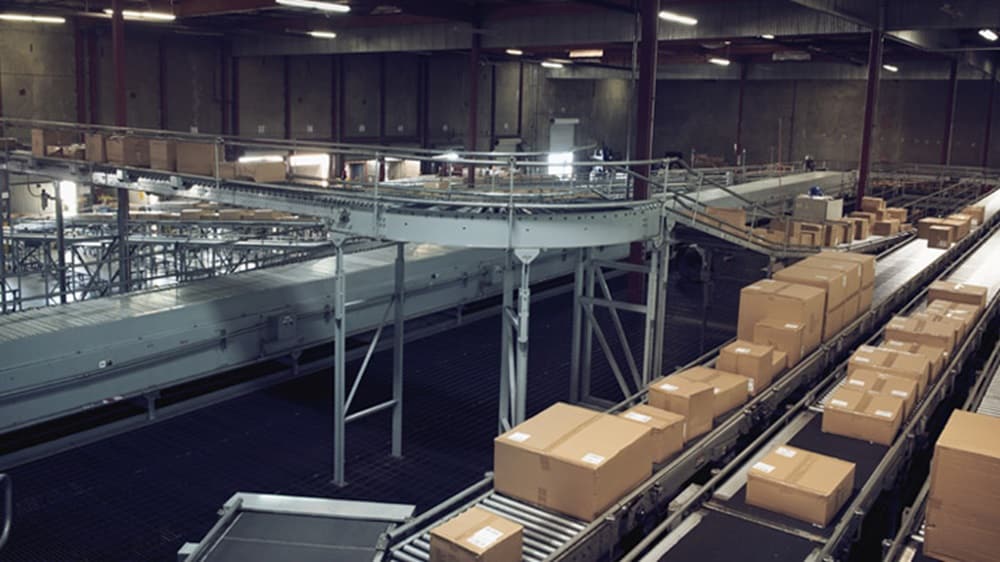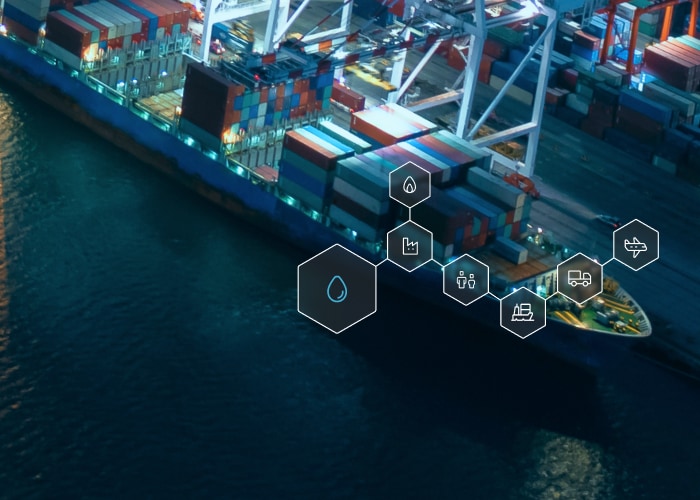
精心打造化学品物流,确保性能稳定
选择综合物流服务,灵活、有韧性和安全地运输化学品货物。
Procurement’s impact on chemical GHG emissions
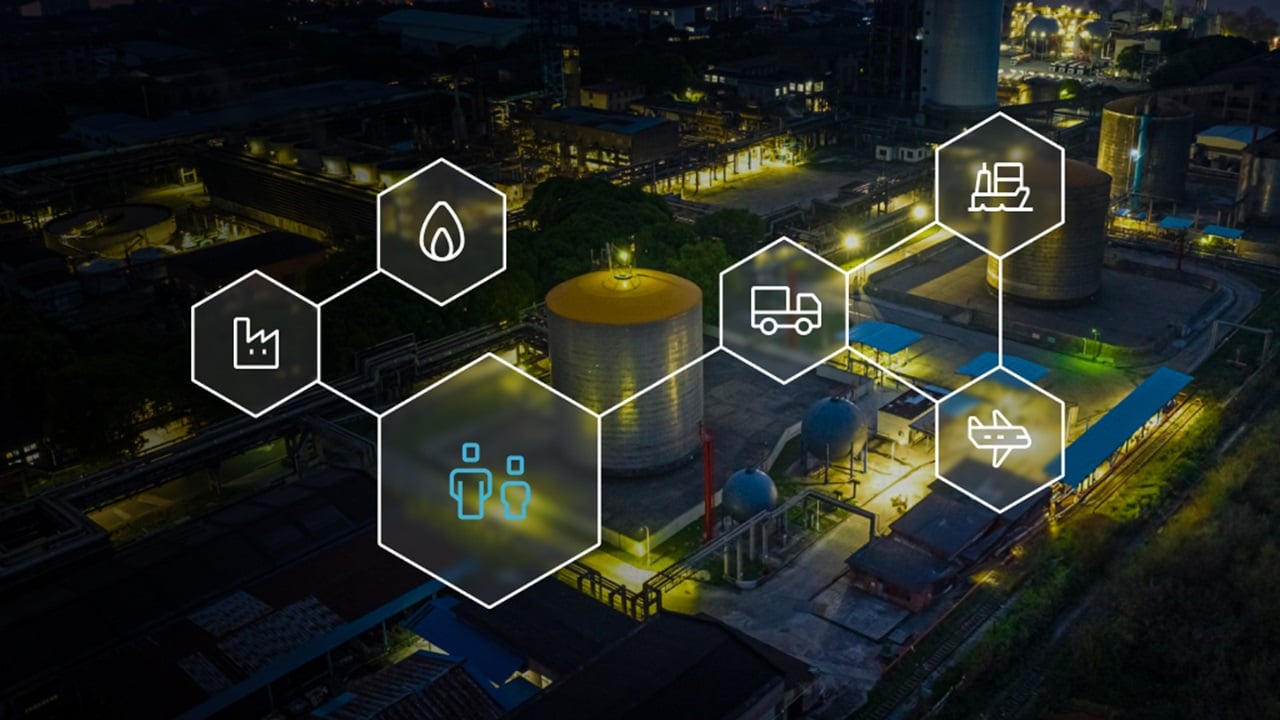
Forging alliances to combat GHG emissions together
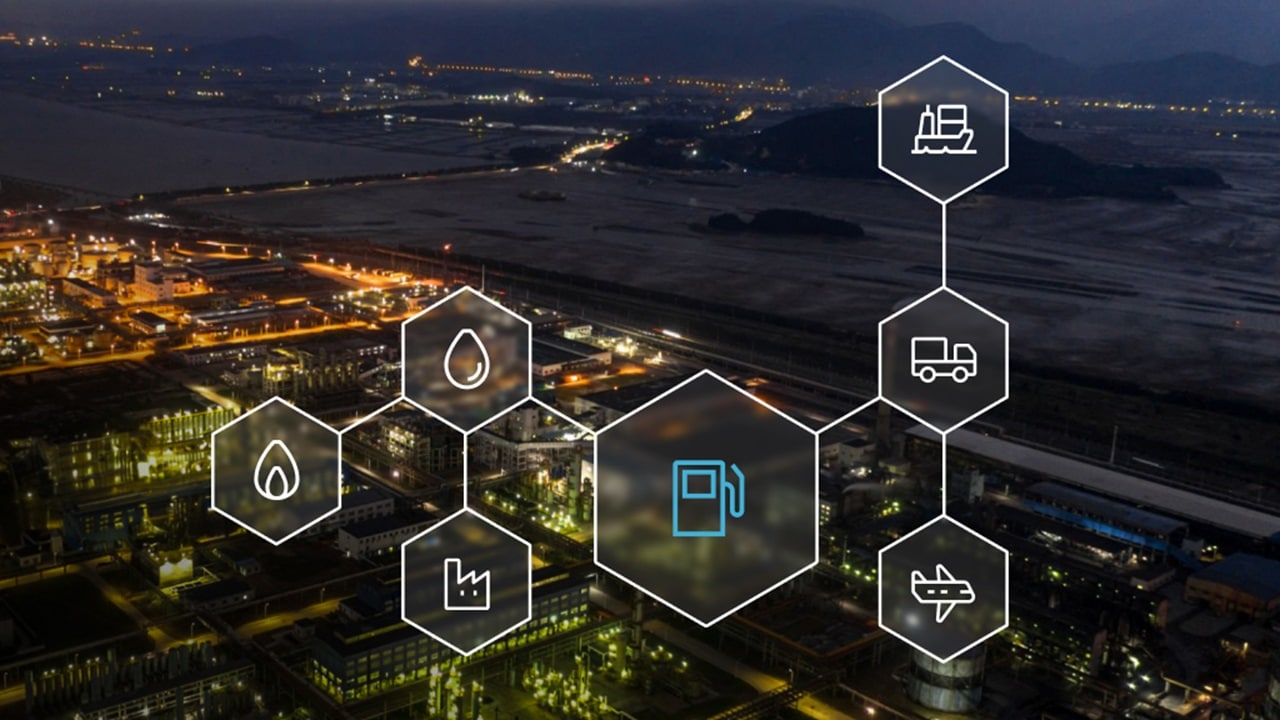
Reduce your greenhouse gas emissions impact with logistics solutions
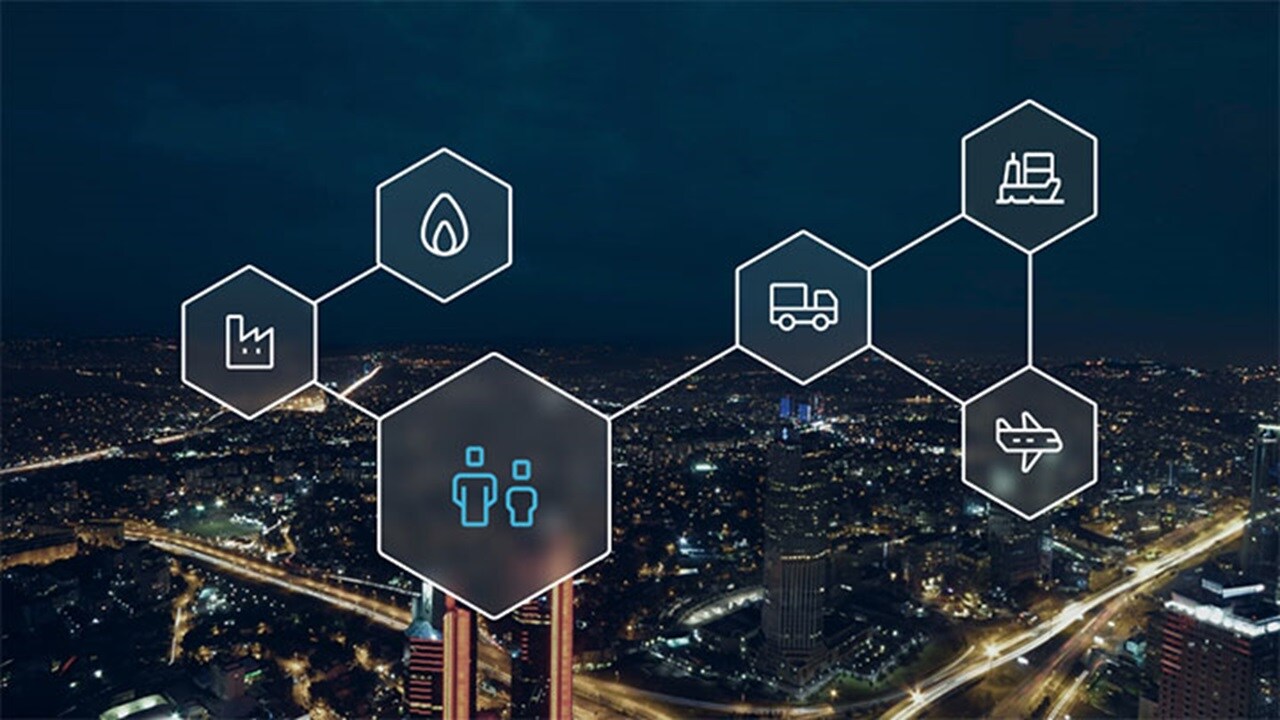
Why cutting greenhouse gas emissions is good for business
Some leading chemical companies have realised that investments in decarbonisation measures can actually generate savings. However, a recent survey of over 500 chemical companies, conducted by FT Longitude and Maersk, reveals that only 20% of these businesses are aware of the fiscal benefits of reducing greenhouse gas emissions. Our article reveals more facts.
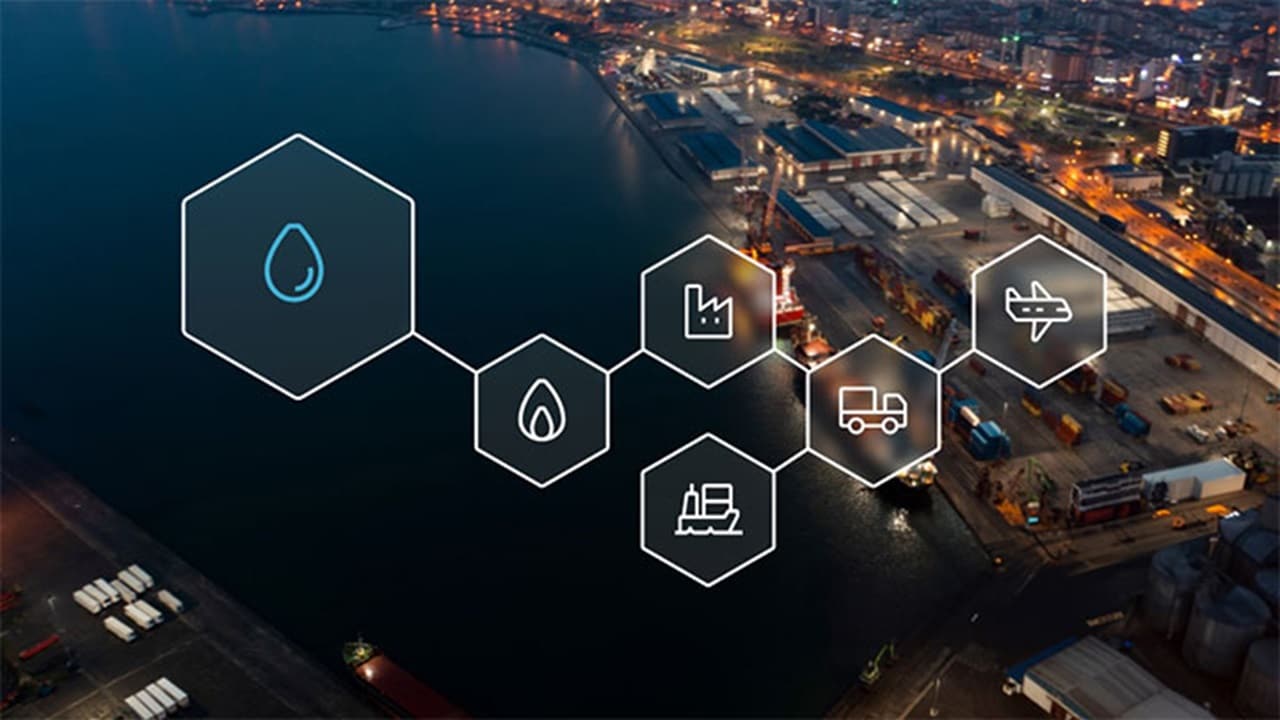
How to tackle supply chain GHG emissions in the chemical industry
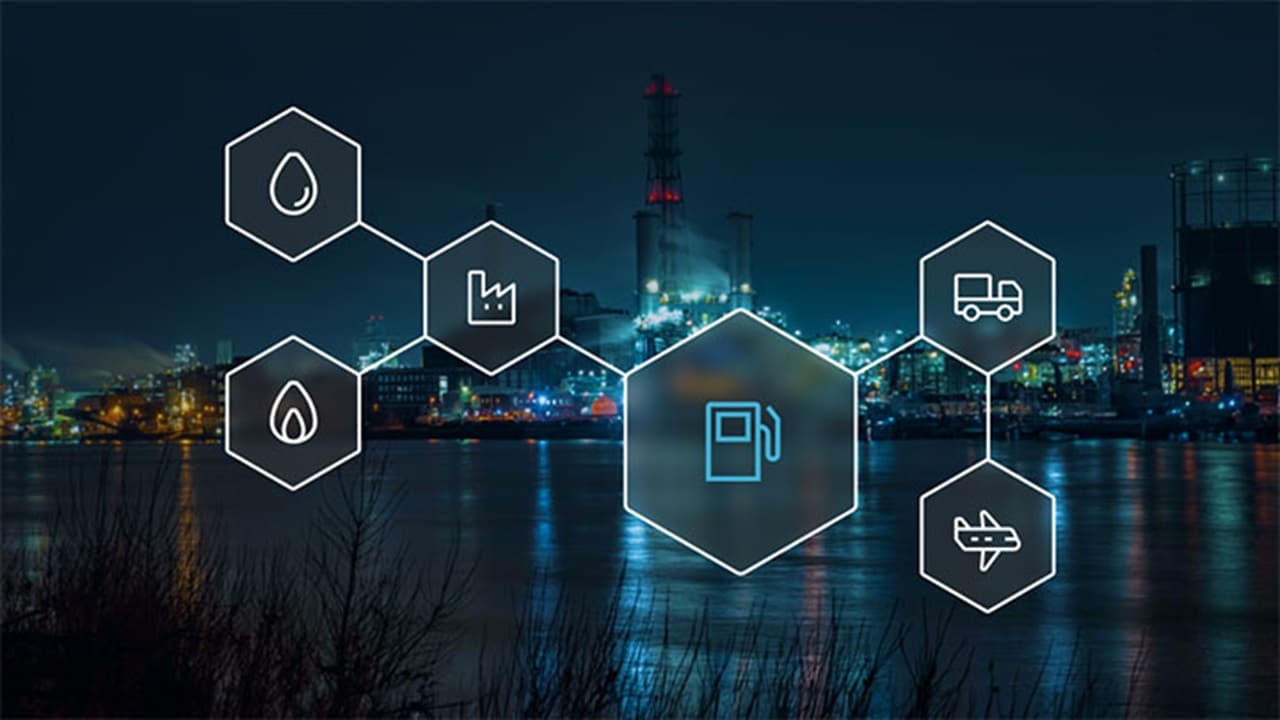
The key role of Maersk Lead Logistics with DG Assist in reducing landed costs in chemical supply chains
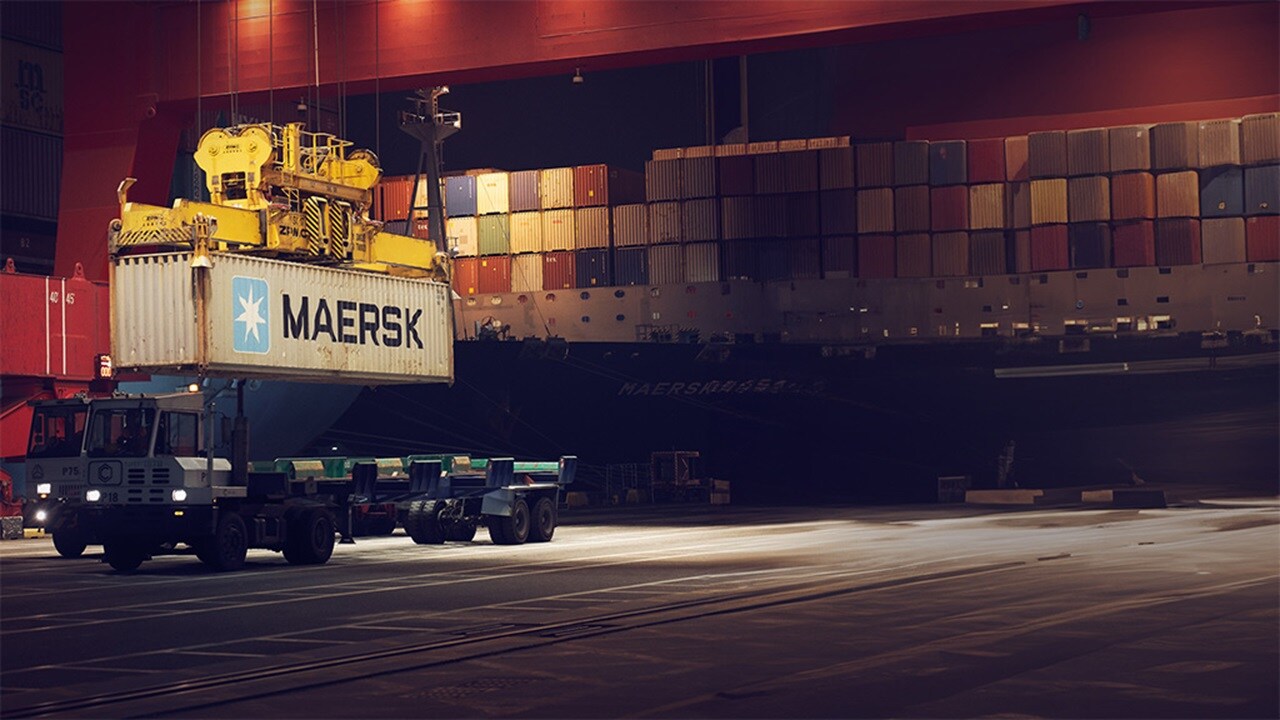
How Maersk Global Trade and Customs Consulting can help build cost-effective chemical supply chains

Build a chemical supply chain that can handle fluctuating demand with Maersk Flex Hub
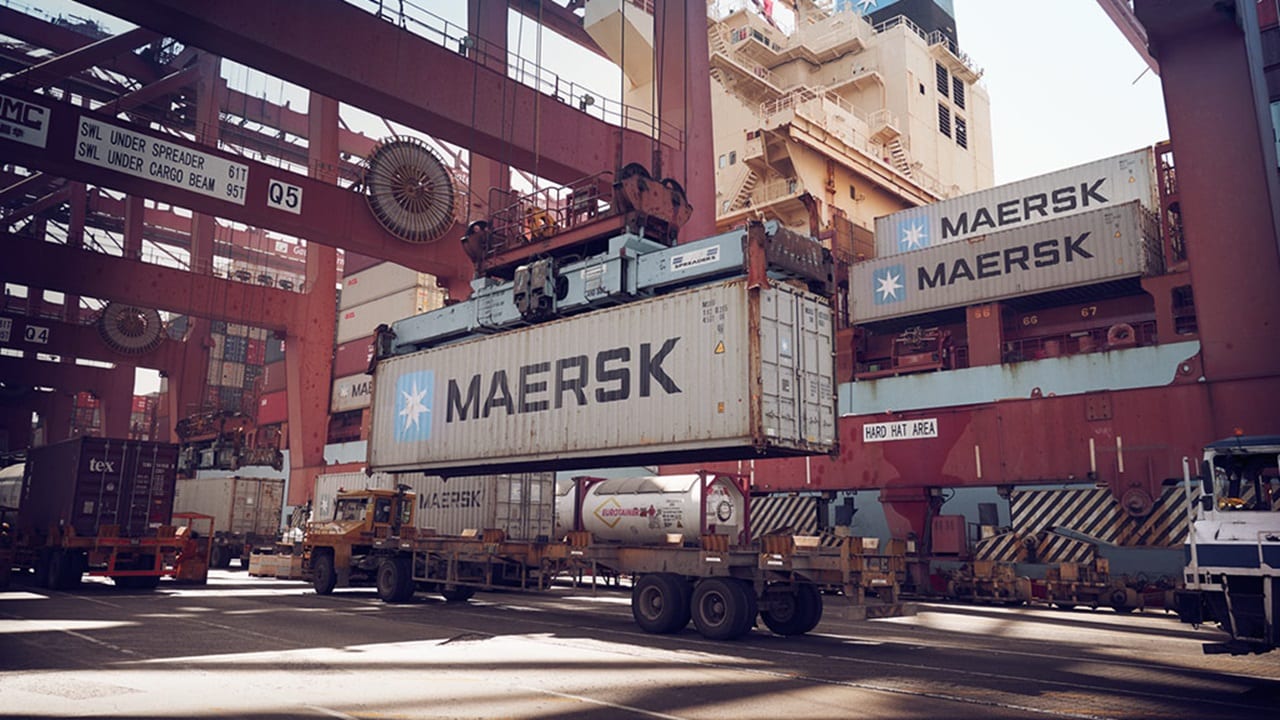
Maersk champions a new technology era for predictive logistics in the Chemical industry

Navigating regulation and compliance in the chemical industry

Aramco 如何通过马士基的第四方解决方案为他们的业务提供动力?
沙特阿美石油公司是世界领先的石化公司,其供应链遍布世界各地。Aramco 希望简化流程,以便能够对其整个供应链进行无缝监控,实现更好的可控性和端到端可视性。他们与马士基合作,实施我们的第四方物流解决方案,帮助他们优化各地的库存管理,获得关键的业务洞察力,从而更快做出决策,缩短关键市场的交付周期,并通过持续的绩效监督进行纠正性改进。
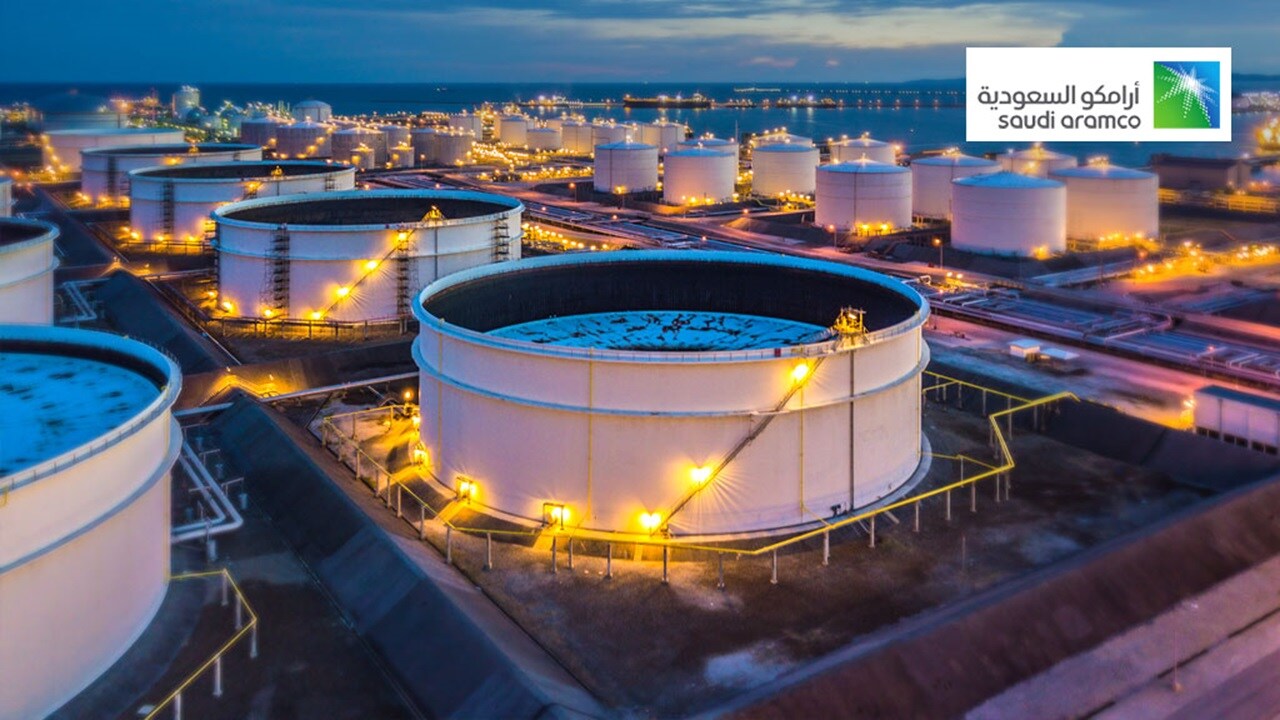
疫情对化学品供应链的影响
新冠疫情以难以想象的方式影响了化工行业。由于边境关闭和遍布世界各地的设限,我们的客户不得不寻找新的方法来降低供应链风险。随着协作、创新库存解决方案和全球组织的增多,他们就面临着这些挑战。
我们编写了一份白皮书,在白皮书中,来自化工行业的客户讨论了疫情对其物流的影响,以及他们如何应对这些变化。进一步了解马士基中东地区化学品总监 Henning Malmgren 介绍最新化学品 VLOG 的一些亮点。
Lessons from the pandemic that are influencing strategy in 2021
The Covid-19 pandemic has disrupted Chemicals supply chains in unexpected ways, highlighting new challenges for our customers. At the centre of every solution we provide are customer needs. That’s why we have quickly taken the first step towards understanding them, by interviewing them and learning about how they have been uniquely affected by this unwavering pandemic.
This whitepaper brings together the key themes from these interviews with added perspective from our regional colleagues, Chemicals team and market research. It uncovers the key areas of focus for Chemicals supply chains in 2021 including the need to accelerate digitalisation, as well as insight into how Maersk was able to adapt and keep customer businesses moving despite land border closures. We expect this white paper to act as a catalyst for conversations in the Chemicals industry that drive evolution in its best practices with respect to supply chain management and logistics services.

您也可能会感兴趣于
让我们以端到端,简化的供应链连通,助您大展宏图。
